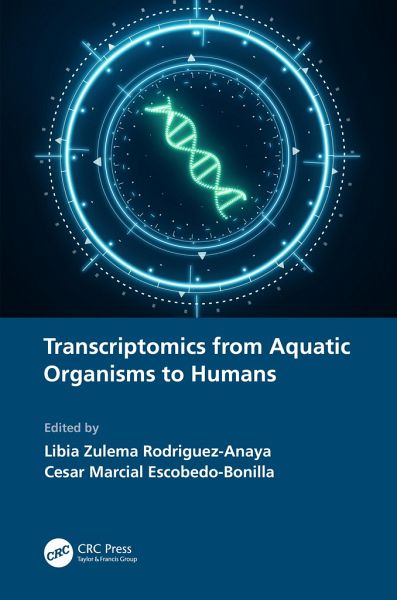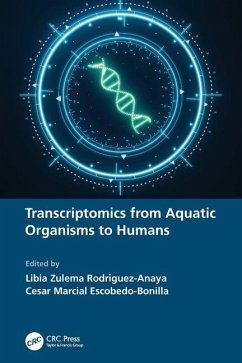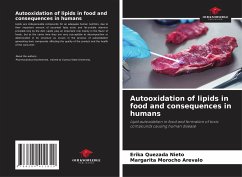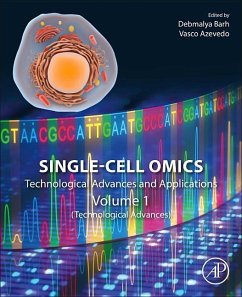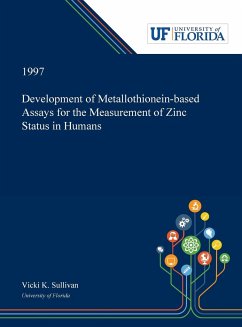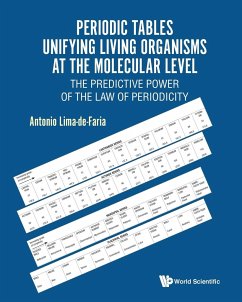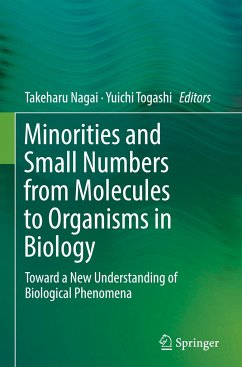Gebundenes Buch
Transcriptomics from Aquatic Organisms to Humans
Versandkostenfrei!
Versandfertig in 1-2 Wochen
Weitere Ausgaben:

PAYBACK Punkte
72 °P sammeln!




This book includes transcriptomic studies of non-infectious and infectious diseases affecting humans and environmental and physiological correlates affecting shrimp and fish aquaculture.
Dr. Libia Zulema Rodríguez-Anaya is a Doctor in Biotechnology Sciences from Instituto Tecnologico de Sonora, and a Lecturer of molecular biology, genetics and environmental microbiology since January 2016. She specializes in comparative analysis of complete virus genomes using next generation sequencing techniques. She has good command of bioinformatic tools for genome curation and molecular epidemiology studies. She is a CONACYT-Research Fellow, developing projects on structural and functional genomics applied to diagnoses and/or treatments for pathogenic free-living (FLA) organisms affecting humans. Dr Rodríguez-Anaya has authored and co-authored four peer-reviewed international papers on molecular characterization, pathogenicity and genomic mechanisms of viruses affecting shrimp and FLA-causing granulomatous amebic encephalitis and keratitis in humans. Dr. César Marcial Escobedo Bonilla has a PhD in Veterinary Sciences from Ghent University, Belgium, and an MSc in Aquaculture and Environmental Management, CIAD Mazatlán. BSc Biology, UNAM ENEP Iztacala. He is a tenured researcher level C at the Aquaculture Department, IPN-CIIDIR Sinaloa, and a Member of the National Researchers System level I (Mexico). He has authored and co-authored twenty-four indexed papers, two book chapters on aquaculture and shrimp biology, and forty-two works in National and International congresses. He is a Lecturer at graduate level in courses related to aquaculture, and Theses director at bachelor level (2), MSc level (6) and PhD level (1). His research interests include infectious diseases of shrimp, bivalves, frogs and biocontrol of agricultural pests using viruses and entomopathogens. He is a project evaluator at national and international levels, a participant in committees evaluating books, and a reviewer of articles for international Journals listed in the Journal Citation Report and CONACyT. Dr. Bonilla is a member of scientific societies in aquaculture and virology. He won the 2008 prize for the most consulted paper in the Journal of Fish Diseases.
Produktdetails
- Verlag: CRC Press
- Seitenzahl: 194
- Erscheinungstermin: 14. Dezember 2021
- Englisch
- Abmessung: 240mm x 161mm x 15mm
- Gewicht: 461g
- ISBN-13: 9781032065168
- ISBN-10: 1032065168
- Artikelnr.: 62799229
Herstellerkennzeichnung
Libri GmbH
Europaallee 1
36244 Bad Hersfeld
gpsr@libri.de
Für dieses Produkt wurde noch keine Bewertung abgegeben. Wir würden uns sehr freuen, wenn du die erste Bewertung schreibst!
Eine Bewertung schreiben
Eine Bewertung schreiben
Andere Kunden interessierten sich für



